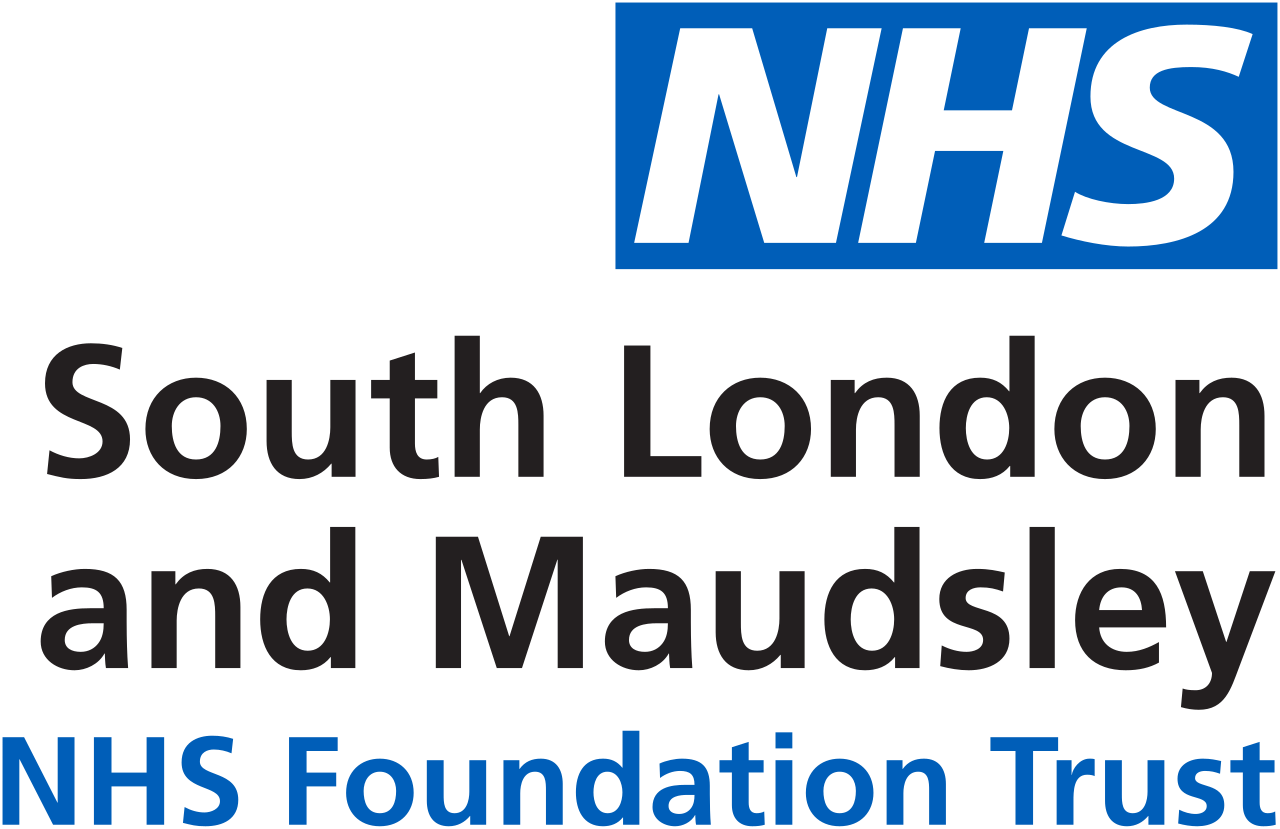Diagnostic and prognostic biomarkers in dementia with Lewy Bodies. A UK longitudinal study (ENLIST-UK). | C4C
.We would like to perform a CRIS search to identify MHOA (Mental Health of Older Adults & Dementia) people who may be eligible for the study investigating an existing and novel diagnostic and prognostic biomarkers (CSF and blood-based) in patients with Lewy body dementia (DLB).Dementia with Lewy Bodies is the second most common forms of neurodegenerative dementia. Due to its overlapping symptoms with Alzheimer’s Disease (AD) (episodic memory, attention, visuospatial problems) and Parkinson’s Disease (hallucinations and motor problems) it’s difficult to diagnose. Compared to AD, patients with DLB have more complex symptoms, are particularly susceptible to unwanted effects of psychiatric drugs, decline faster and have an overall worse prognosis. It is therefore important to accurately diagnose and monitor these patients. Important new findings have shown that biomarkers (indicators of the disease presence or severity) in cerebrospinal fluid (CSF) can aid in the diagnosis of Alzheimer’s disease. However, less is known regarding biomarkers for dementia with Lewy bodies and their diagnostic and prognostic value. This is a multi-centre study, sponsored by King’s College London, with South London and Maudsley NHS Trust being one of the main participating NHS trusts.

